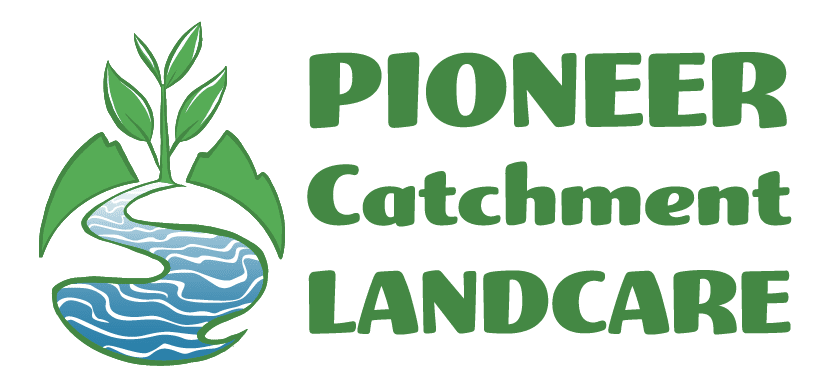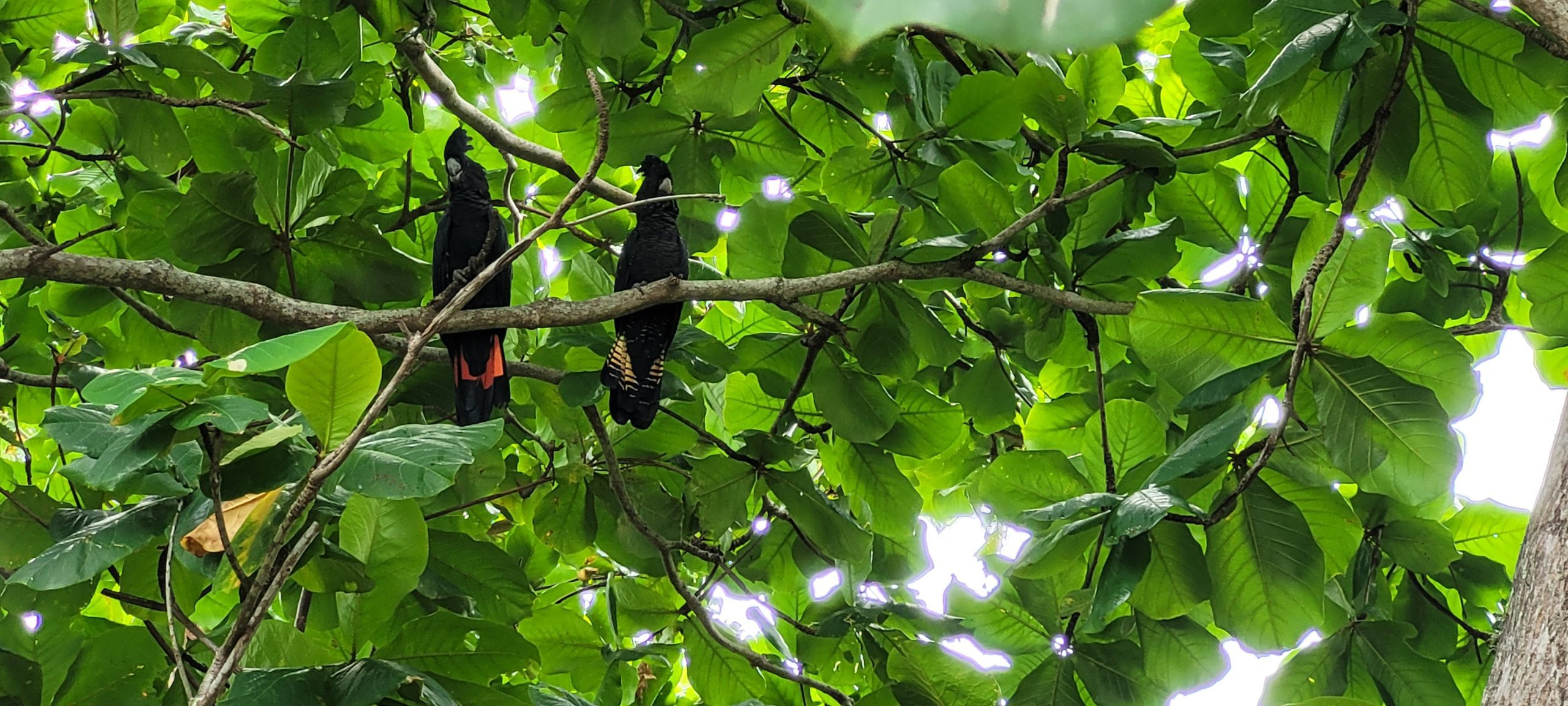Bail out the bees project
Funded by: Dalrymple Bay Coal Terminal and BMA.
Fencelines – Eungella
Funded by: North Queensland Dry Tropics (NQDT), through the Landholders Driving Change Project.
Raising the Profile of the local Water Mouse, Xeromys myoides
Funded by: Australian Federal Government National Landcare Program – Environment Small Grants.
Mackay Christian College Vines Creek Wetland Restoration
Funded by: Great Barrier Reef Marine Park Authority, 2018 Reef Guardian Community and Stewardship Grants.
De Moleyns Lagoon Wetland Management Case Study
Funded by: Queensland Government’s Department of Agriculture & Fisheries (DAF).
Slade Point
Funded by: Australian Government Community Action Grant.
Reef Catchments Pest Management Projects
Funded by: Reef Catchments Ltd.
Reef Assist Program 1.0
Funded by: Reef Catchments


